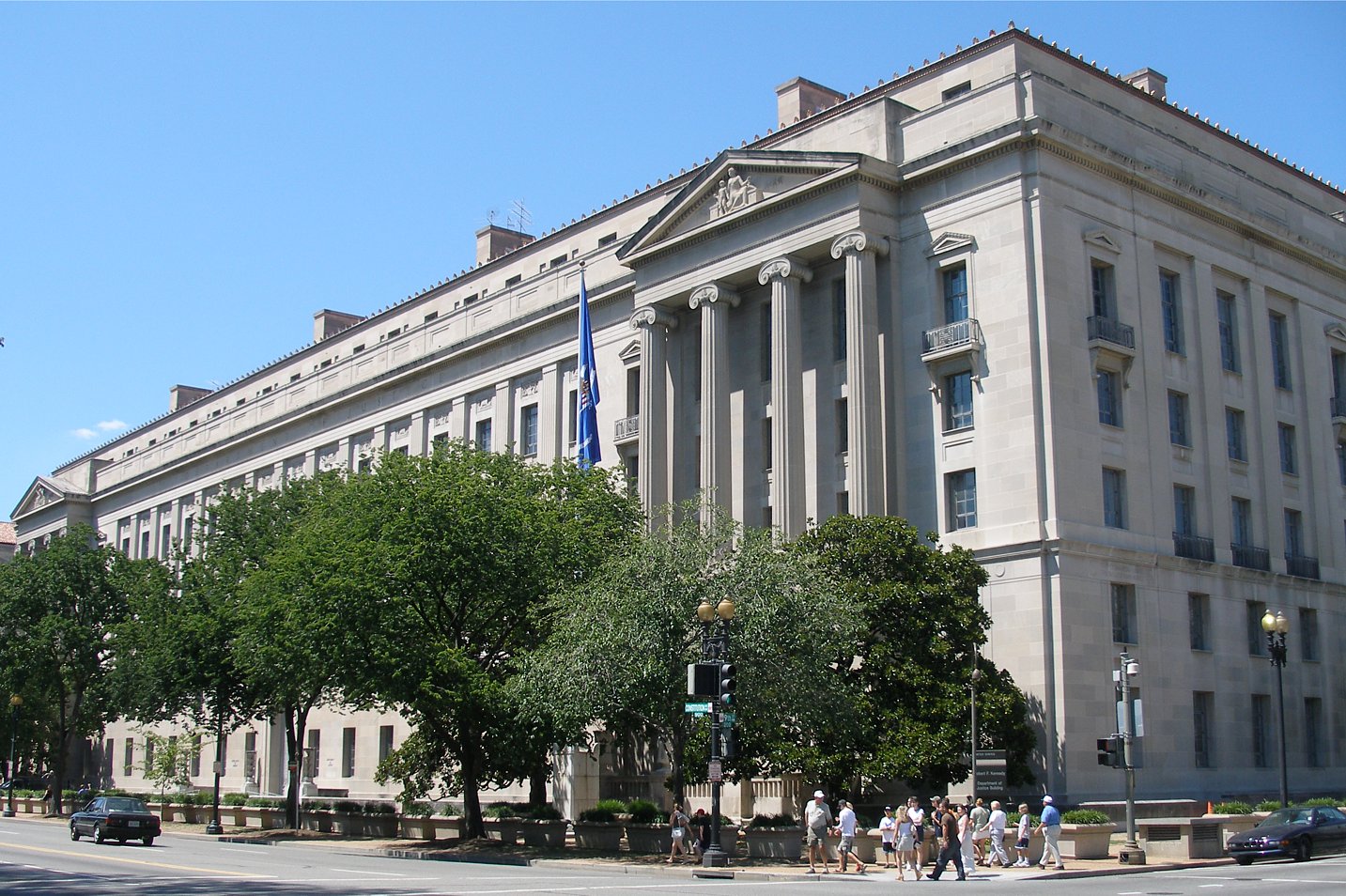The Cyberlaw Podcast: Untold Stories of Section 702 Reauthorization
In this guestless episode, Michael Vatis, Markham Erickson, and Nick Weaver join me to round up the news. I explore the final results of the intense jockeying that led to passage of S. 139, which gave Section 702 of Foreign Intelligence Surveillance Act a new lease on life.
Published by The Lawfare Institute
in Cooperation With

In this guestless episode, Michael Vatis, Markham Erickson, and Nick Weaver join me to round up the news. I explore the final results of the intense jockeying that led to passage of S. 139, which gave Section 702 of Foreign Intelligence Surveillance Act a new lease on life. The administration did well, weathering the president’s tweets, providing a warrant process for backend searches that will likely be used once a year if that, and—almost without anyone noticing—pulling the unmasking reform provisions from the bill and substituting an Office of the Director of National Intelligence rule. My guess? This was a tactic to make it easier for Dems to support the bill; if so, it worked.
And just in time, as the days after passage brought new whiffs of scandal, from the four-page House Republican memo alleging improprieties in the FBI’s FISA application to wiretap a Trump campaign hanger-on to two cases in which the FBI and NSA destroyed evidence they were supposed to be preserving. Michael Vatis and I cross sword over whether the FISA abuse memo is worth taking seriously or just partisan flak.
Nick and I delve into the gigabytes of hacked data mislaid by another player in the phone hacking game—Lebanese intelligence. Nick wonders whether the data obtained Electronic Frontier Foundation and Lookout violated the Computer Fraud and Abuse Act. I don’t.
The first known death by SWATting has yielded charges; the egregious SWATter for hire, SWauTistic, has been charged with involuntary manslaughter.
Almost as scary is the news that electric system malware is getting remarkably sophisticated, and common.
The Supreme Court will hear argument in the Microsoft Ireland case next month, and there are dozens of amici briefs, including one by Michael Vatis, who lays out his direct appeal to Justice Neil Gorsuch’s property-based view of the fourth amendment.
Matt Green (and Nick Weaver) have some questions for Apple about its moving China cloud data to a third party Chinese cloud provider. I’ve got one too. If treating Taiwan as a separate country from China leads to humiliating penalties for Western companies, does that mean Apple can’t store Taiwanese and Hong Kong users outside China?
And, for once on the podcast, a sweet life-long love story, spelled out cryptographically.
As always The Cyberlaw Podcast is open to feedback. Send your questions, suggestions for interview candidates or topics to CyberlawPodcast@steptoe.com or leave a message at +1 202 862 5785.
Subscribe to The Cyberlaw Podcast here. We are also on iTunes, Pocket Casts, and Google Play (available for Android and Google Chrome)!
The views expressed in this podcast are those of the speakers and do not reflect the opinions of the firm.





